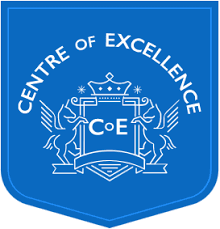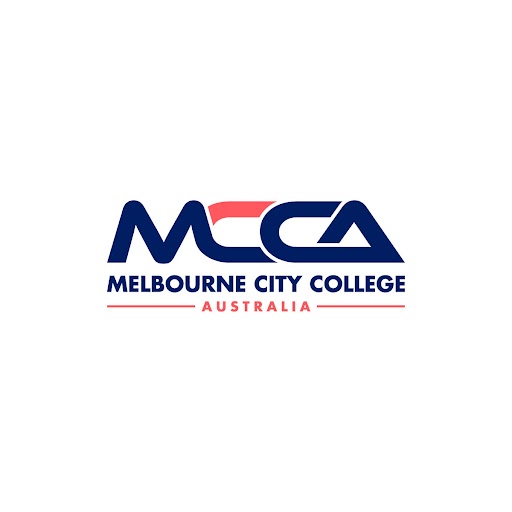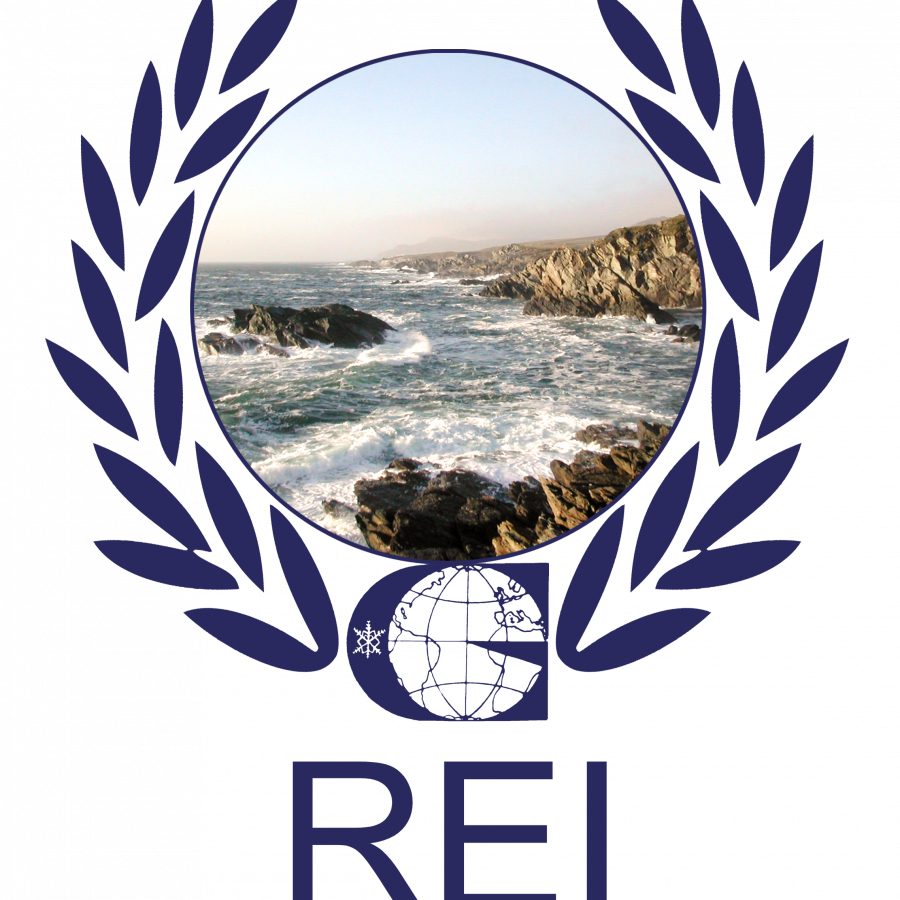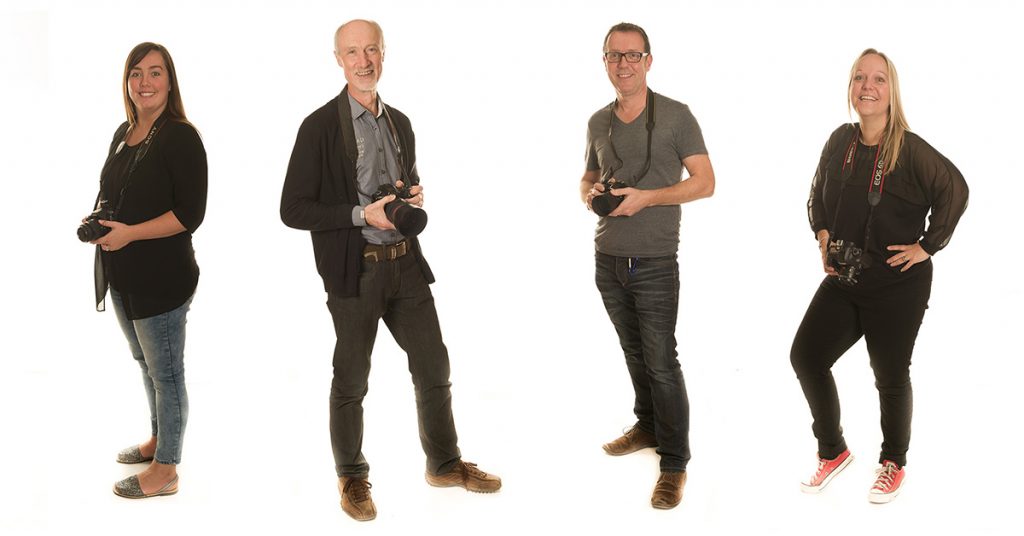The Philosophy Diploma Course can be taken as a purely academic study, to reveal and understand the thoughts of some of the world’s most noted philosophers and the doctrines they created and subscribed to. This knowledge will help you to understand whether you wish to pursue a qualification in the subject.
To get the most from the course, the information should be absorbed to enhance your ability to think, to question the world and your understanding of life. From this, you can actively develop your own philosophy, rather than letting a philosophy unknowingly be imposed on you through not making your own decisions. The course will also help you to improve your analytical and debating skills.
What Will You Learn In This Philosophy Course?
The Philosophy Diploma Course talks you through the major philosophical schools of thought – Idealism, Materialism, Introspection, Rationalism, Empiricism, Scepticism, Existentialism and Modern Philosophy, and many of the major philosophers throughout time. You’ll look at four different ways to understand philosophy: branch or doctrine, time period, movement, and by a philosopher. For each concept, you’ll learn the philosophical terms used in describing them.
In today’s society, not many of us feel we have the time to consider life’s bigger questions – “What can we know of the world?”, “Why are we here?”, “Are we real?”. This is the preoccupation of philosophers but how will you benefit from learning about this? Whether we are aware or not, we all follow a life philosophy. This course provides you with some choices from which you can develop your own personal philosophy, rather than allowing one to be imposed on you, or not making any choices at all regarding your own life. Philosophy is a discipline which forces us to question our existence so that we may fine tune our view of the world and how we choose to live.
In addition to this, the ability to philosophise is a valuable skill. If you learn to objectively consider arguments for and against ideas that challenge your perception of the very nature of The Universe, then your overall ability to theorise, discuss and debate will be greatly improved, whether the topic is sport, politics, ethics or time-travel.
The Philosophy Diploma Course first introduces the subject – giving an explanation as to what it is and the benefits you will gain from your studies. From here the course briefly explains each of the main philosophical doctrines and the relationship between Philosophy, Metaphysics, and Religion. It also gives a timeline of major philosophers – pinpointing when each was active, the theories they put forward and their contributions to society. To give clarity straight from the start of the course, a glossary of philosophical terms is included.
Moving on from this, the course walks you through each of the following philosophical theories: idealism, materialism, stoicism, rationalism, empiricism, scepticism, existentialism, and modern philosophy.
For each concept, you will be exposed to a glossary of terms used in the concept, the overriding basis of the concept and the differing schools of thought within each. You will then learn about the concepts and theories put forward by the relevant philosophers and how they relate to the modern day.
Summary Of The Topics You Will Learn About In The Philosophy Diploma Course.
Idealism explains the physical world as only existing insofar as it can be perceived, with consciousness being reality and one’s thoughts, ideas, and perceptions being how the world is understood. A doctrine of the ancient Greeks, in exploring Idealism you will learn about the life and the ideas of Socrates, Plato, and the 18th Century German Philosopher Immanuel Kant.
Supported by Epicurus, Hegel, and Marx, materialism states that we can only prove the existence of matter. The overriding questions of materialism are how and if the mind and the body are related to one another and it considers thoughts, consciousness, and spirit as manifestations of and in relation to the material world, making it a type of monism and completely opposite to idealism.
Noted Stoic philosophers, Marcus Aurelius, Seneca, and Zeno are discussed to explain stoicism, which promotes leading a life of inner calm, clear judgment, freedom from suffering and mastering control over reactions to the states of pleasure and pain.
An epistemological doctrine, rationalism is the belief that we understand our world through our intellect and deductive reasoning, rather than sensory information, and which seeks to understand the origin of knowledge. To explain this, the course walks you through the work of René Descartes and Leibniz.
Empiricism is similar in approach to rationalism but is in contradiction to its way of thinking, with Empiricists reaching their conclusions by measuring and using sensory data and being based on experience or empirical evidence, rather than logical reasoning. The Philosophy Diploma Course cites John Locke and David Hume in describing this doctrine.
The word scepticism is based on the Greek verb ‘skeptomai’, meaning to think about or reflect on. It teaches us to be comfortable with our doubts and not to cling to our assumptions, allowing for a continual sense of wonder, not the negative viewpoint, which scepticism is often incorrectly associated with. The course explains the beliefs of Sir Francis Bacon and how Zen Buddhists are actually sceptics.
Distancing itself from any one school of thought, existentialism emphasises individuality, freedom, and free-will, focusing on the human experience, personal responsibility, and the individual’s search for meaning in the world. This concept is described further through the work of Kierkegaard and Sartre.
Looking at Noam Chomsky and Sir Roger Scruton, the Philosophy Diploma Course explains how modern philosophy is intertwined with other disciplines so that they may draw broader philosophical conclusions. Through this, you will learn about paradoxes, thought experiments, and quantum physics. Modern Philosophers seek to answer the questions of our time, such as:
- Is peace possible?
- Are non-traditional family structures and relationships moral or even possible?
- What does it mean to be human in a time when our dependence on machines only continues to increase?



















Leave a Comment